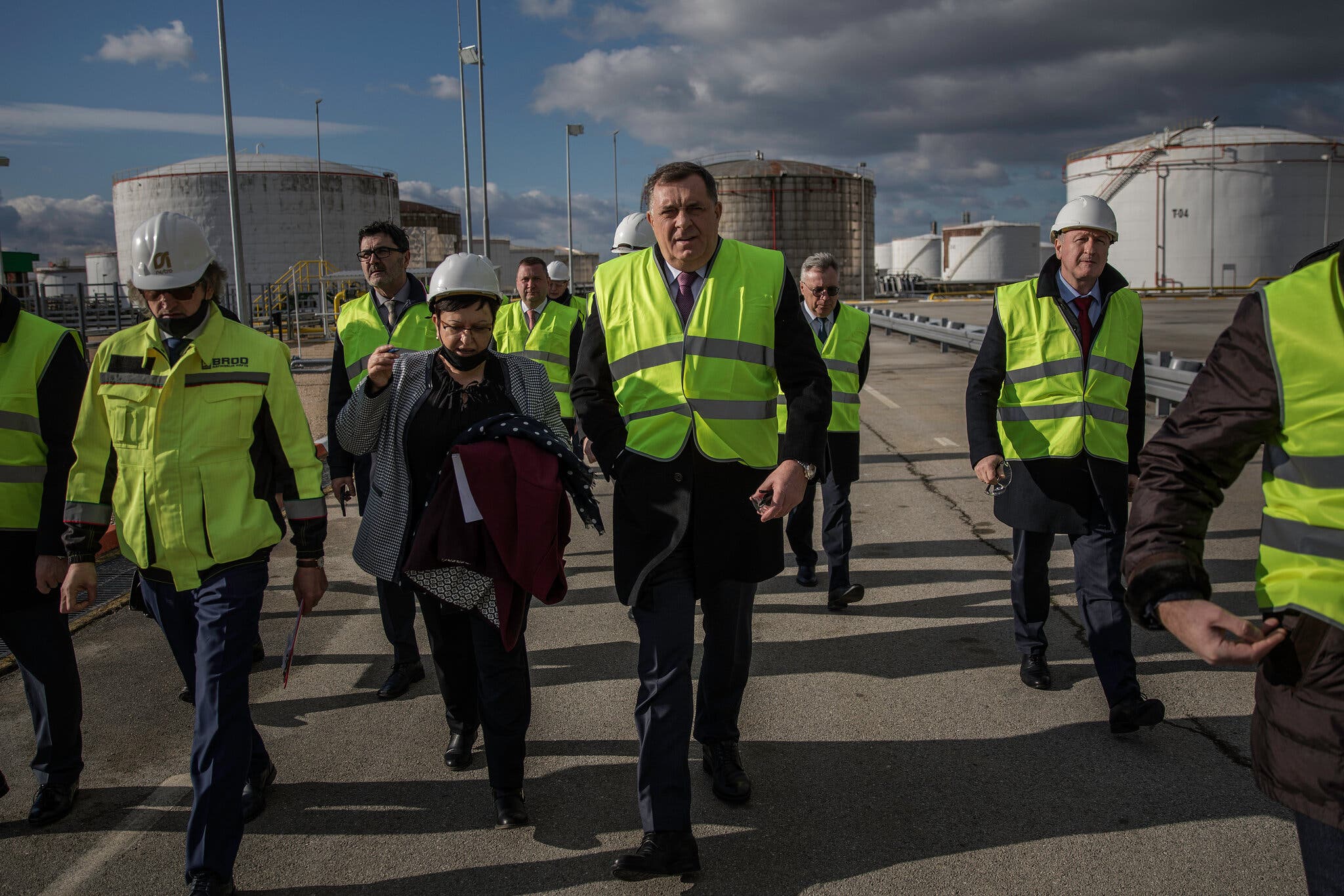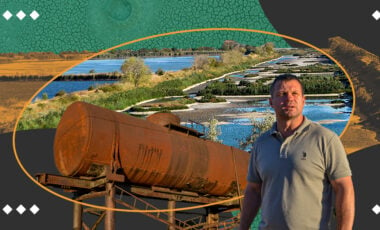Bosnian crisis and what it teaches Ukraine: will there be a new war in the Balkans?
"War" and "threat of disintegration" are the headlines that have recently appeared in the European press, and they refer to Bosnia and Herzegovina (or abbreviated, BiH), a country that in 2022 lives by the text of the peace agreement concluded in Dayton in 1995.

Photo: cepa.org
What is the problem?
A solution that worked until recently: Bosnia and Herzegovina has a unique constitution
If you decide to move to Sarajevo, you would live by one of the most original constitutions in the world. Thus, the country consists of two entities, the Republika Srpska (not to be confused with the state) and the Federation of Bosnia and Herzegovina.
Both regions have gained serious autonomy, they even have different systems of government. For example, in the Federation, each district has its own government with a prime minister. There is also a separate official division into three "state-building nations": Croats, Serbs, and Bosniaks (all BiH citizens are called Bosnians).
And so that no one is offended, instead of the head of state in Bosnia, there is the Presidium of the three nominees from the "nation-building nations," who take turns. For example, Milorad Dodik represents Serbs and Zeljko Komsic represents Croats. And if a Bosniak joins the army, he will serve in the Serb/Croat/Bosnian battalion, depending on his nationality.
This publication is available in Ukrainian and Russian. The English translation hasn’t been produced yet. Support us to make the translation faster - follow the link for instructions






















































